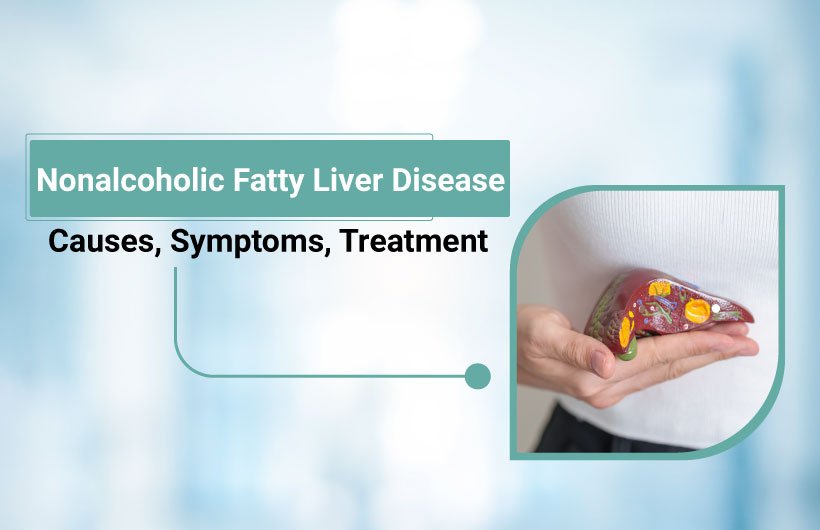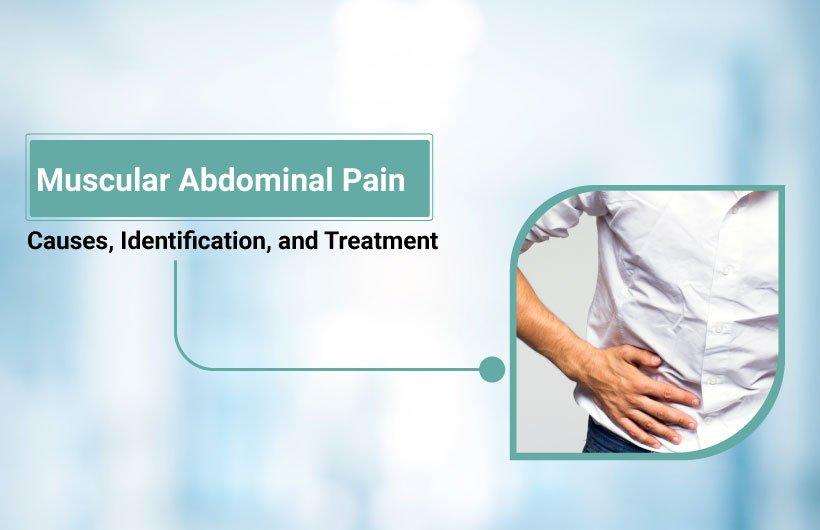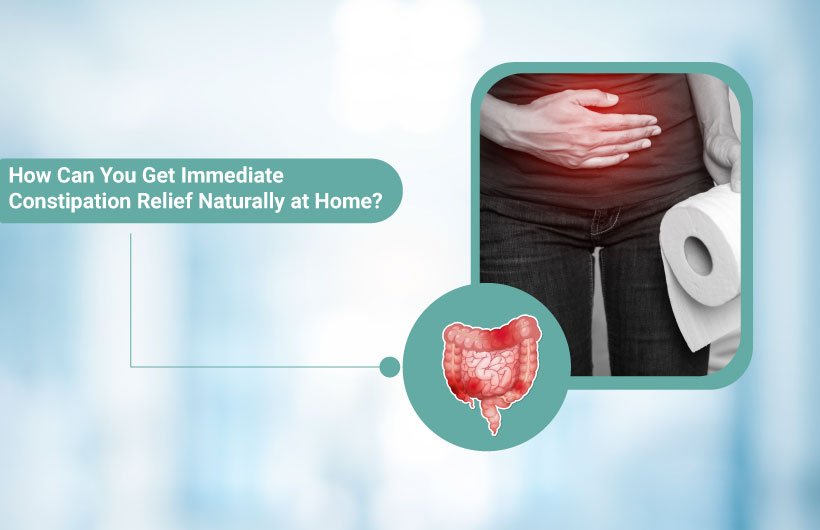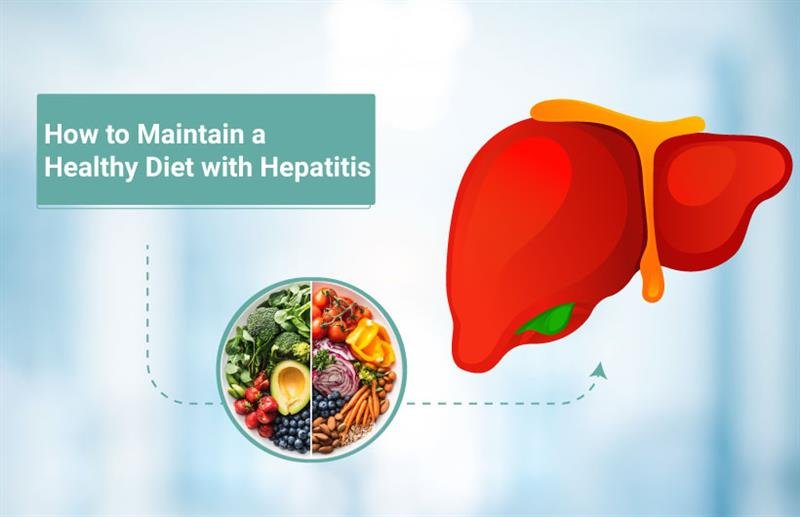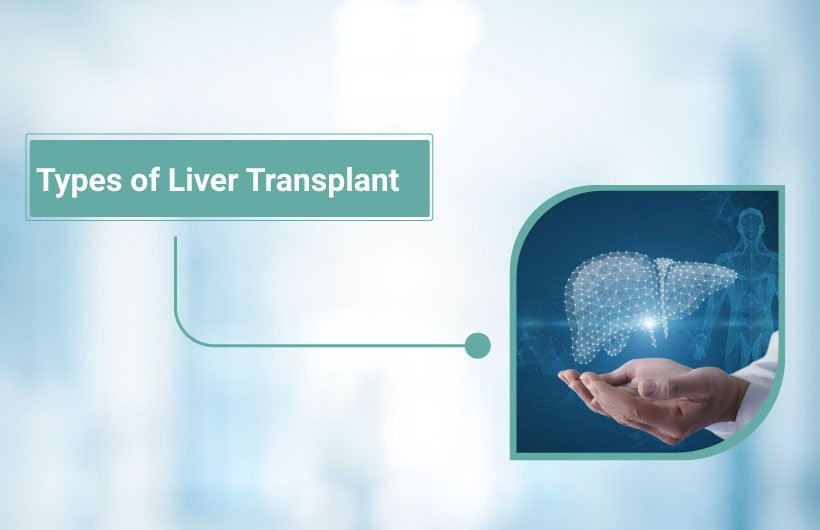Fatty liver disease is a growing global health concern, affecting approximately 25% of the world’s population. This condition, identified by excessive fat collection in liver cells, is linked to obesity, diabetes, and metabolic syndrome. One common question arises amid growing interest in natural remedies: Can drinking coffee reduce fatty liver disease?
Recent scientific studies suggest that coffee may protect liver health by reducing fat accumulation and inflammation. In this blog, we will explore the scientific evidence, key benefits, and recommended coffee use for individuals with fatty liver disease.
What Is Fatty Liver Disease?
Fatty liver disease occurs when excessive fat builds up in the liver, certainly leading to inflammation, fibrosis, and cirrhosis. There are two main types:
- Non-Alcoholic Fatty Liver Disease (NAFLD): This develops in individuals who consume little or no alcohol and is often linked to obesity, insulin resistance, and metabolic disorders.
- Alcoholic Fatty Liver Disease (AFLD): Caused by excessive alcohol consumption, leading to liver damage and inflammation.
Poor dietary habits, inactive lifestyles, and genetic liability contribute to fatty liver disease. Left untreated, it can progress to severe liver conditions like non-alcoholic steatohepatitis (NASH) and liver failure.
The Link Between Coffee and Liver Health
Coffee is rich in bioactive compounds such as caffeine, polyphenols, and chlorogenic acid, which have been shown to benefit liver health. Here’s how coffee influences liver function:
- Antioxidant Properties: Coffee contains powerful antioxidants that help reduce oxidative stress and swelling in liver cells.
- Caffeine’s Role: Studies suggest caffeine enhances liver metabolism, aiding in fat breakdown and reducing liver enzyme levels.
- Polyphenols and Chlorogenic Acid: These compounds promote liver detoxification and reduce fat collection.
- Scientific Evidence: Research published in the Journal of Hepatology and other medical journals indicates that regular coffee consumption is associated with a lower risk of liver fibrosis and cirrhosis.
How Coffee Helps Reduce Fatty Liver
Here are the key benefits of coffee for liver health:
- Reduces Liver Fat Accumulation: Coffee stimulates fat metabolism and decreases lipid mixture in liver cells. Studies show that coffee drinkers have lower fat deposits in the liver compared to non-drinkers.
- Lowers Liver Inflammation: Chronic liver inflammation is a key factor in the progression of fatty liver disease. The antioxidants in coffee help suppress inflammatory ways, reducing liver damage.
- Protects Against Liver Fibrosis and Cirrhosis: Regular coffee consumption has been linked to a reduced risk of developing liver fibrosis (scarring) and cirrhosis, particularly in patients with NAFLD or AFLD.
- Boosts Liver Enzyme Regulation: Studies indicate that coffee drinkers tend to have healthier liver enzyme levels, which are critical for maintaining liver function and preventing disease progression.
- Improves Insulin Sensitivity: Insulin resistance is a major contributor to fatty liver disease. Coffee enhances insulin sensitivity, helping regulate blood sugar levels and preventing further fat buildup in the liver.
How Much Coffee Should You Drink for Liver Health?
Scientific research suggests that 2-4 cups of coffee per day provides optimal liver health benefits. However, individual tolerance varies.
- Black Coffee vs. Coffee with Additives: For maximum benefits, drink black coffee without sugar or cream. Added sugars and fats can counteract coffee’s positive effects.
- Decaf Coffee: Decaffeinated coffee still contains beneficial polyphenols and antioxidants, making it a viable option for individuals sensitive to caffeine.
- Moderation is Key: Excessive caffeine intake can lead to heart palpitations, anxiety, and digestive issues, so it’s important to consume coffee in moderation.
Best Ways to Consume Coffee for Fatty Liver Patients
Best Types of Coffee:
- Black Coffee – No sugar, no cream, and packed with antioxidants.
- Espresso or Americano – Strong, pure coffee without unnecessary additives.
- Cold Brew – Less acidic and easier on digestion.
What to Avoid:
- Sugary Coffee Drinks – Frappuccinos, flavoured lattes, and sweetened iced coffees.
- High-Fat Dairy Additions – Whole milk, heavy cream, and artificial creamers.
- Energy Drinks – Often contain excessive caffeine and unhealthy additives.
Other Natural Ways to Improve Liver Health
While coffee can support liver function, it should be part of a broader lifestyle approach. Here are additional ways to promote liver health:
- Follow a Liver-Friendly Diet: Prioritize whole foods, lean proteins, and high-fiber vegetables. The Mediterranean diet is particularly beneficial.
- Engage in Regular Exercise: Physical activity helps reduce liver fat and improve metabolic health.
- Avoid Processed Foods and Alcohol: Excess sugar, unhealthy fats, and alcohol contribute to liver damage.
- Stay Hydrated: Drinking plenty of water aids in liver detoxification.
Are There Any Risks of Drinking Coffee for Fatty Liver?
While coffee offers many benefits, some individuals should exercise caution:
- Caffeine Sensitivity: Some people may experience nervousness, insomnia, or digestive discomfort.
- Acid Reflux or Gastric Issues: Coffee can exacerbate acid reflux in individuals prone to heartburn.
- Heart Conditions or Anxiety Disorders: High caffeine intake may worsen symptoms.
- Over-Reliance on Coffee: Relying solely on coffee without making other lifestyle changes may not be effective in reversing fatty liver disease.
For those who cannot tolerate coffee, alternative liver-supporting beverages include green tea, herbal teas, and lemon water.
Conclusion
Scientific research supports coffee’s role in promoting liver health and reducing fatty liver disease. Moderate coffee consumption (2-4 cups daily) can help lower liver fat accumulation, reduce inflammation, and protect against fibrosis. However, coffee should complement a healthy lifestyle, including a balanced diet and regular exercise.
If you’re concerned about your lively health, consult a Liver Specialist in Ahmedabad Dr Varun Bajaj to discuss the best dietary choices for your health.
FAQs
1) Is coffee good for fatty liver grade 1?
Ans. Yes, studies suggest that moderate coffee consumption can help reduce liver fat and inflammation in individuals with early-stage fatty liver disease.
2) Is coffee good for fatty liver grade 2?
Ans. Yes, but lifestyle changes such as diet and exercise are also necessary. Coffee alone is not a cure but can be a helpful addition to a liver-friendly regimen.
3) Can decaf coffee help with fatty liver?
Ans. Yes, decaf coffee still contains beneficial antioxidants and polyphenols that support liver health, though the effects may be slightly less pronounced than regular coffee.
4) How long does coffee take to improve liver health?
Ans. Benefits can be seen within a few weeks to months of regular coffee consumption, but long-term stability and a healthy lifestyle are crucial for outstanding improvement.


